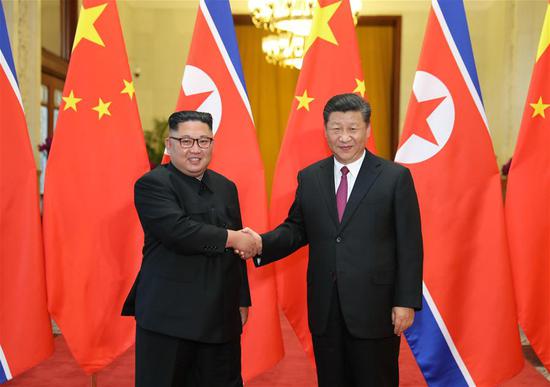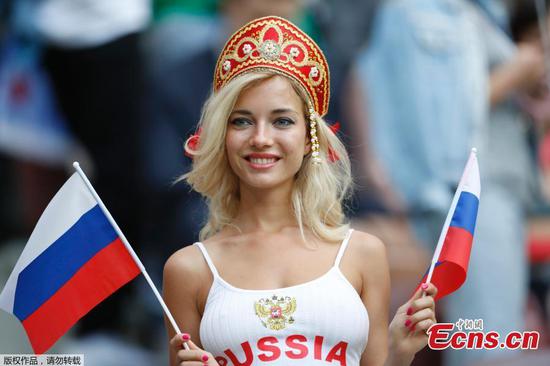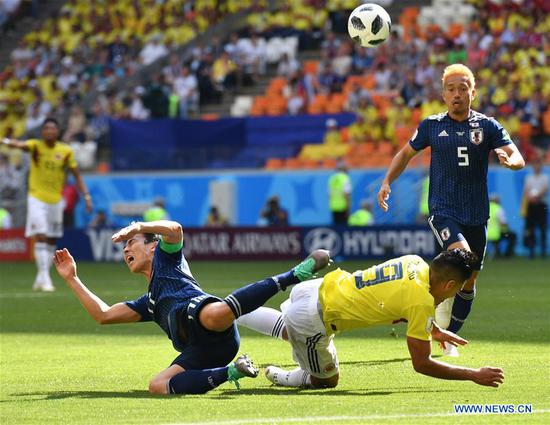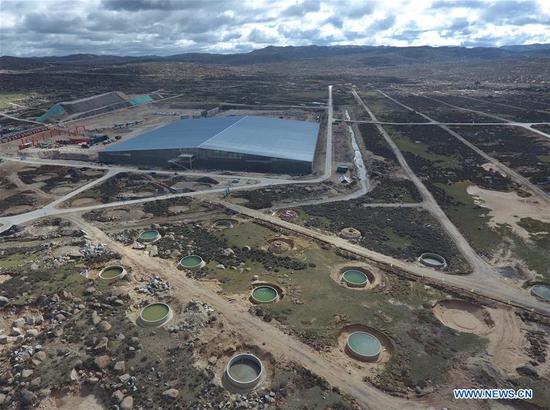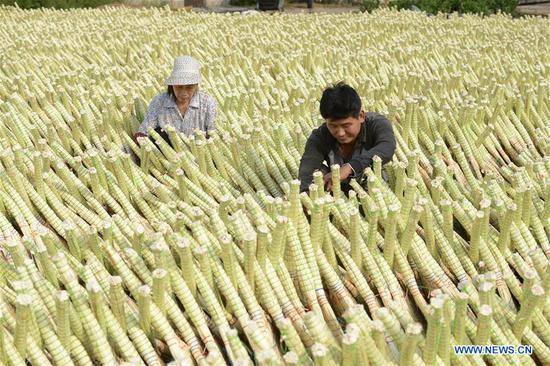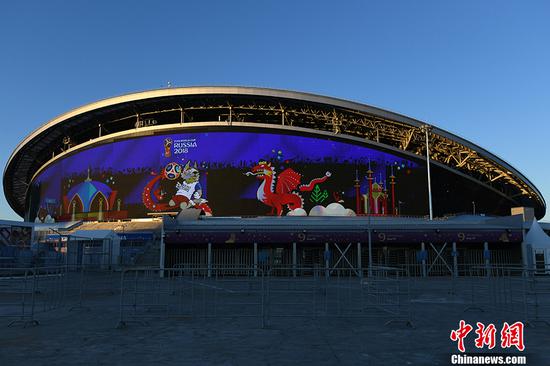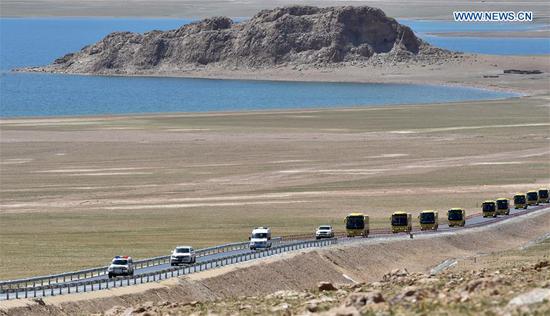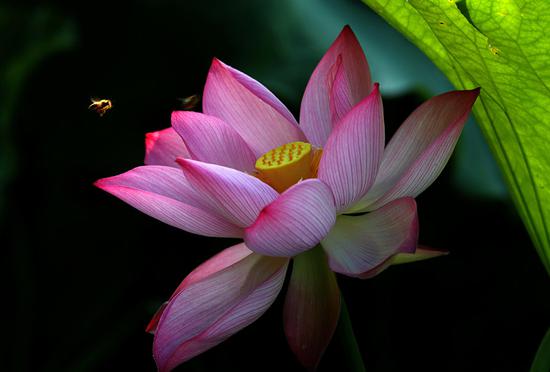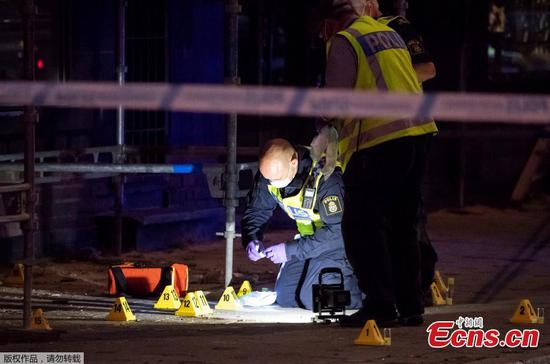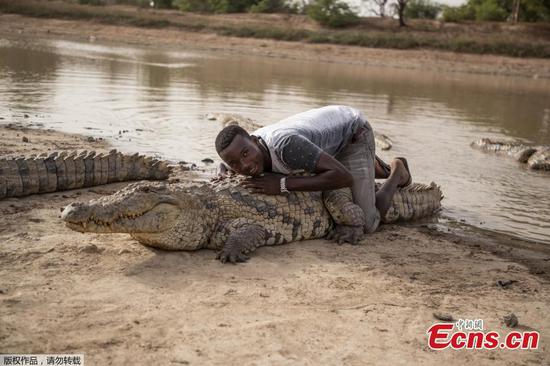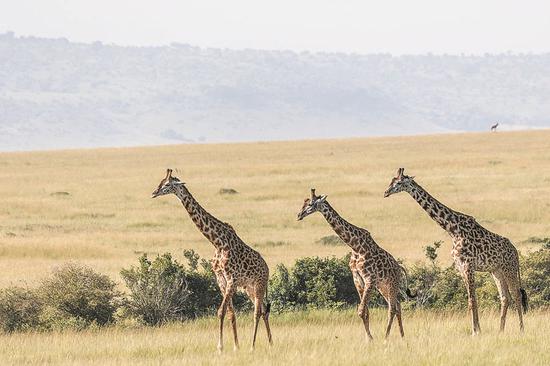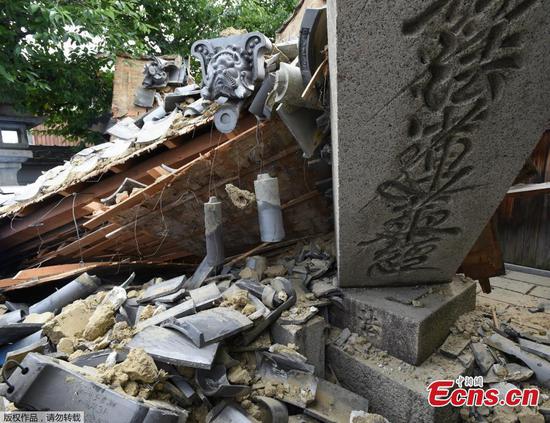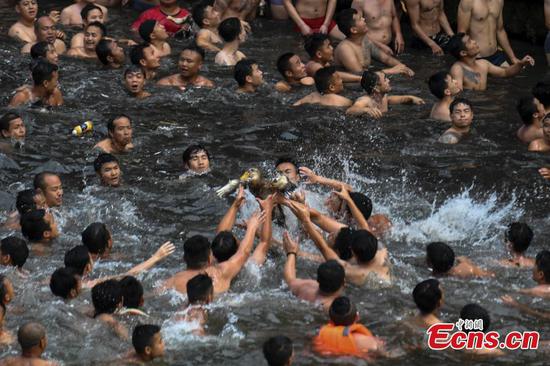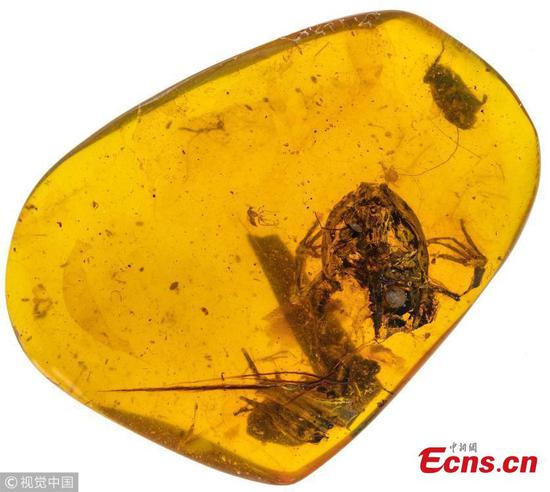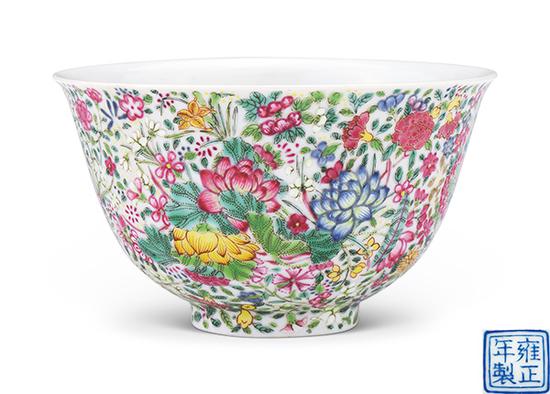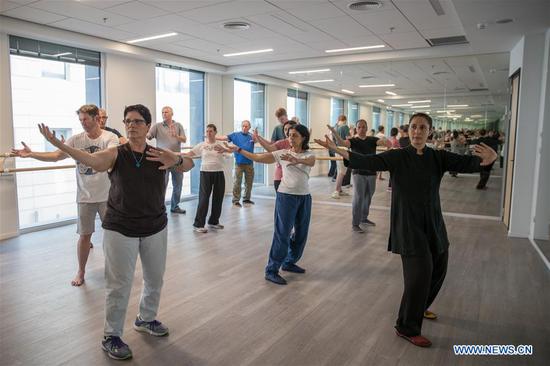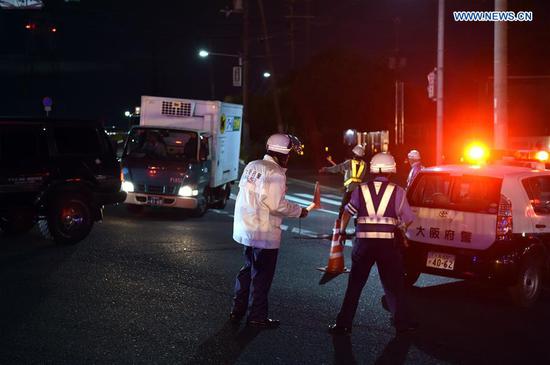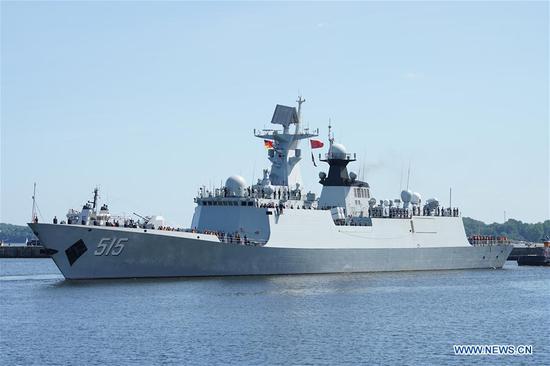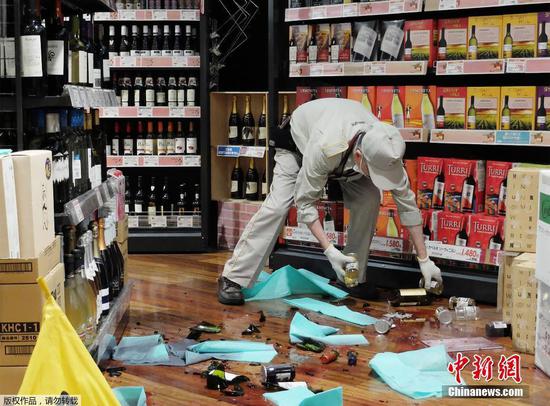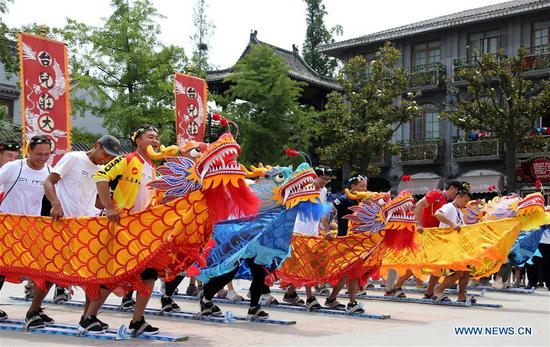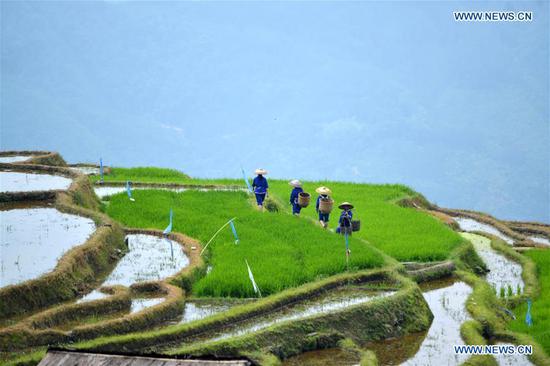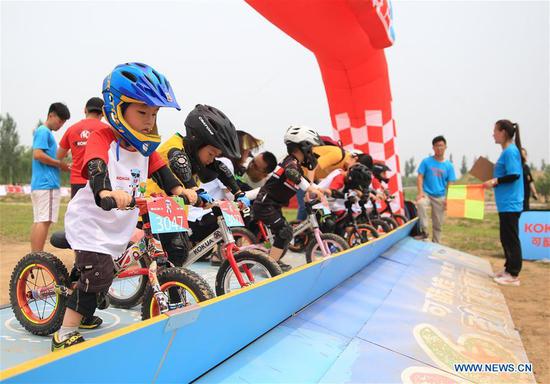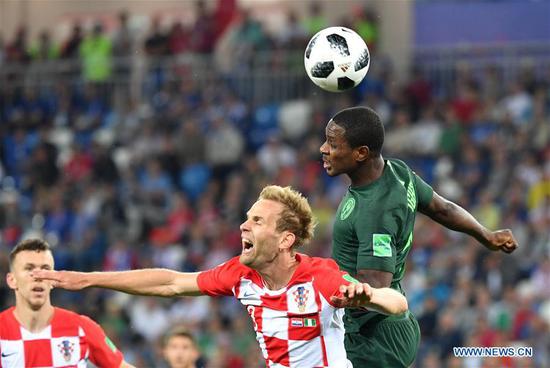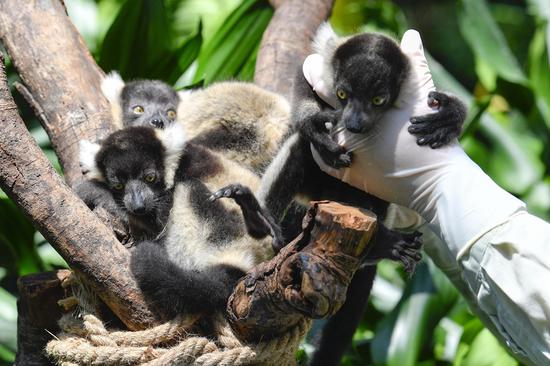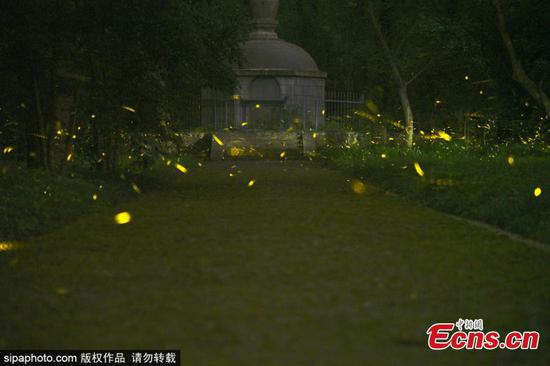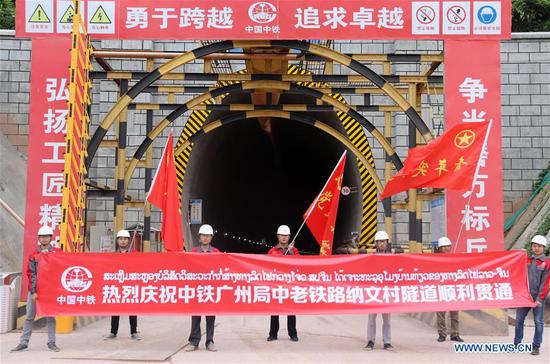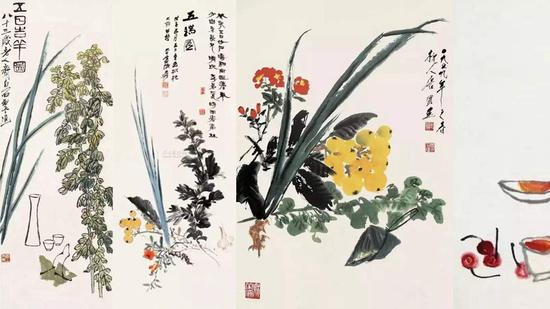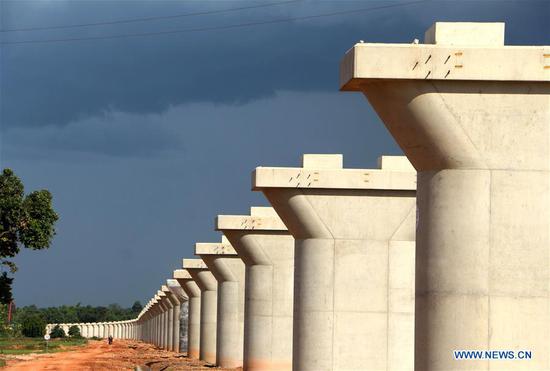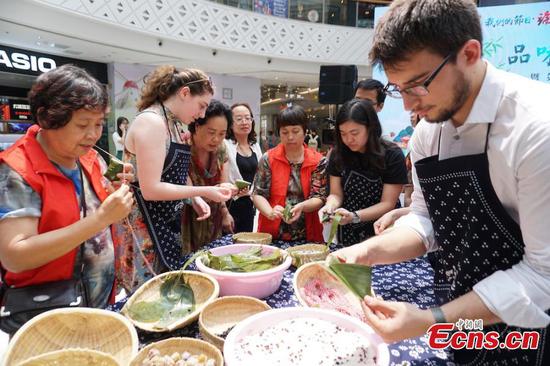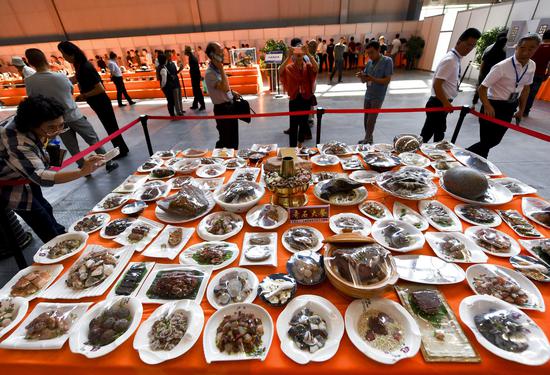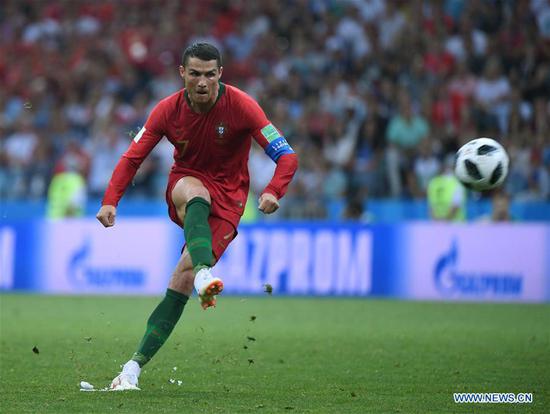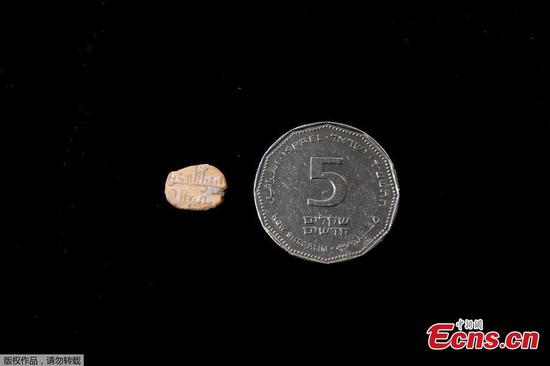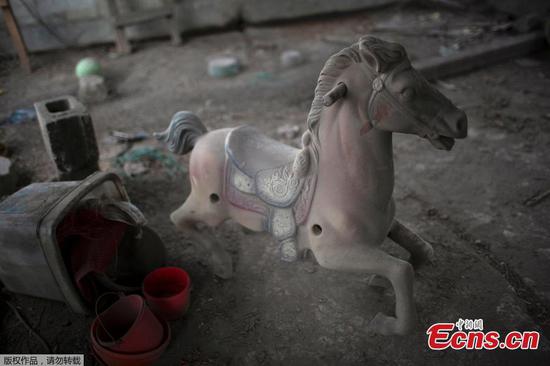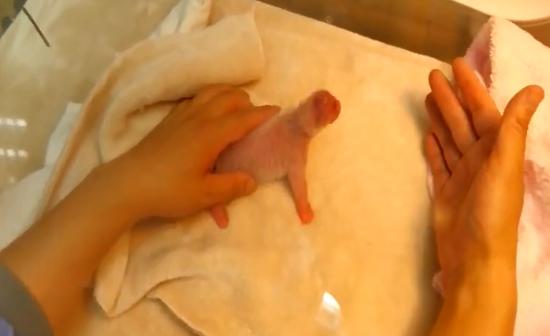Many Chinese soccer fans used the three-day Dragon Boat Festival to make a quick trip to Russia to catch a World Cup game.
Russia was one of the most popular travel destinations for Chinese tourists during the festival because of the tournament, according to a report by the Ministry of Culture and Tourism on Monday.
Since flight time to Russia is much shorter than to South Africa or Brazil-the host countries for the previous two World Cups-it became a popular way to spend a short vacation, said Xu Xiaolei, chief brand officer for China Youth Travel.
"The 2018 World Cup has greatly influenced the outbound market during the break. We received about 200 reservations to Russia during last year's Dragon Boat Festival holiday, but this year's holiday we had 2,000-plus travelers to Russia," he said.
The prices of tour packages to Russia for the three-day break ranged from 25,000 yuan ($3,900) to 60,000 yuan-about 10 percent higher than 2017-according to online travel service lvmama.com.
Ctrip, another online travel agency, said that the 2018 World Cup, runs from June 14 to July 15, will attract more than 100,000 Chinese tourists who are expected to generate revenues of 3 billion yuan in Russia during the event.
Domestically, nearly 90 million trips were made during the Dragon Boat Festival break, 7.9 percent higher than 2017, according to a report by the Ministry of Culture and Tourism.
Revenue generated during the three-day holiday hit nearly 40 billion yuan ($6.2 billion), a year-on-year increase of 7.3 percent, the report said.
The three-day break from Saturday to Monday is a traditional Chinese festival highlighting folk activities and traditional food-for example, zongzi, a pyramid-shaped dumpling made of glutinous rice wrapped in reed leaves.
In Yichang, Hubei province, a cultural festival in memory of Qu Yuan, an early poet whose death is believed to have inspired the Dragon Boat Festival, was held by the culture and tourism ministry and the government of Hubei province on Friday.
Five activities involving poetry writing, dragon boat racing and parties featuring traditional cuisine were open to tourists during the festival.










